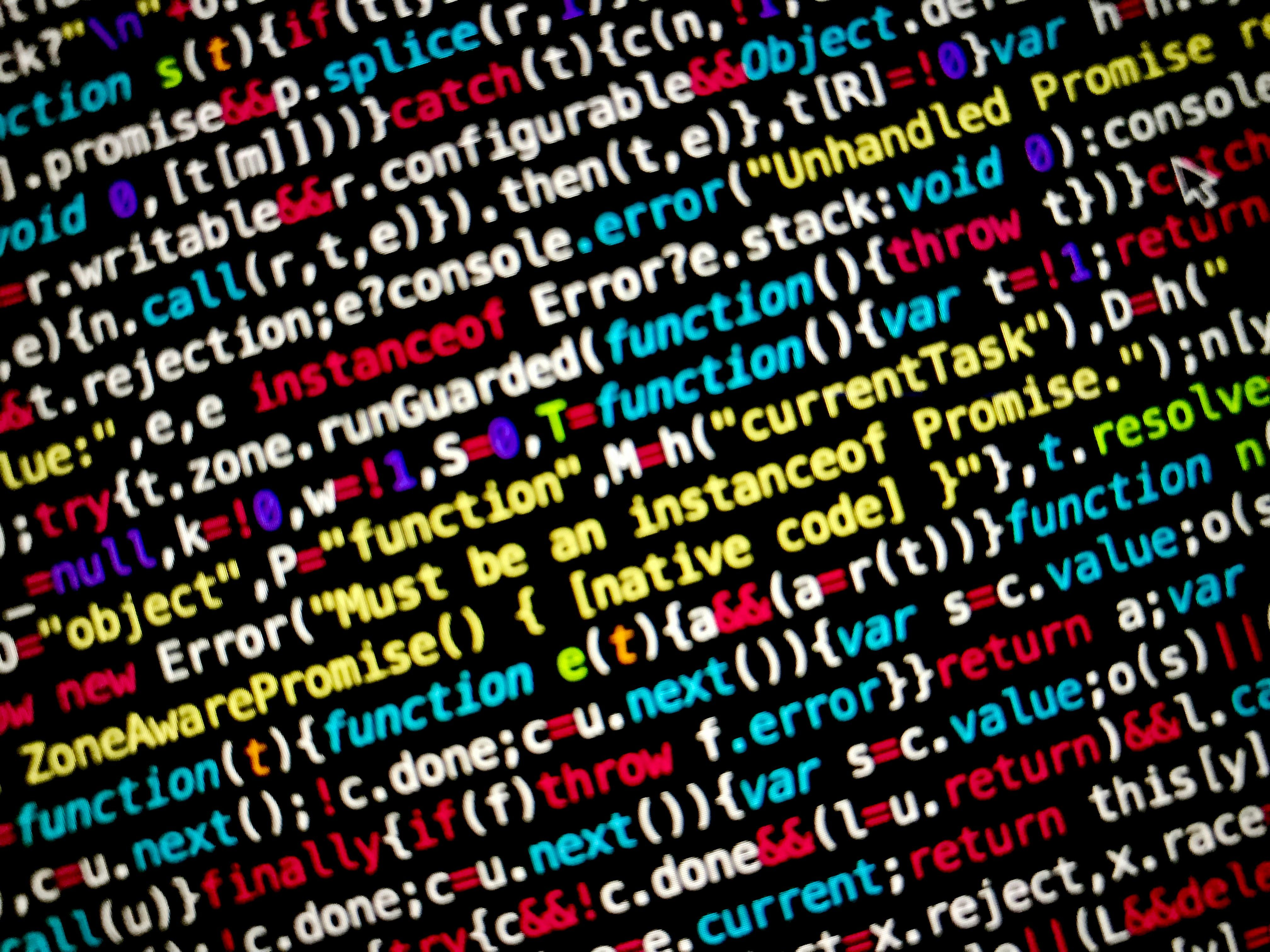Appearance in court ordered for India's Gandhis in relation to money laundering allegations
Hearings Set for New Delhi Court Case Amid Political Firestorm
Get the lowdown on business and policy in India's booming economy with our newsletter. Sign up here
This week, a controversial case will hit the courtroom, focusing on financial improprieties allegedly committed by prime opposition figures Sonia Gandhi and Rahul Gandhi. The case has sparked heated discussion and accusations of political manipulation by Prime Minister Narendra Modi's ruling party.
The Enforcement Directorate, India's financial crime agency, filed charges against several individuals connected to the opposition Indian National Congress in April, including Rahul and Sonia Gandhi, for money laundering and misappropriation of funds. These charges carry a maximum sentence of seven years in prison.
Although the case has been ongoing for 13 years, last week marked the first time the accused were ordered to appear in court. The Gandhis have vehemently denied any wrongdoing.
Rahul Gandhi is a prominent Modi critic and leader of the opposition. A challenger in last year's lower house election, his efforts to unseat Modi fell short. Sonia Gandhi, an upper house MP, is Rahul's mother and the widow of former prime minister Rajiv Gandhi. opposition figure. Supporters of the Congress party adore the Gandhi family, while Modi's camp reviles them for what they claim is a history of poor governance.
The Congress party has condemned the charges as "a vindictive legal ploy intended to silence opponents." Representatives from the party have yet to respond to a request for comment. The case was initiated by Subramanian Swamy, a politician linked to Modi's Bharatiya Janata party, under a provision in Indian law that allows private individuals to file criminal complaints.
Swamy accused the Gandhis of misappropriating funds and seizing land through Young Indian, a company that acquired Associated Journals Limited, publishers of the Congress-aligned National Herald newspaper. Swamy's complaint alleged that the Gandhis used Young Indian as a "sham" to convert public money into personal assets.
Swamy claimed that AJL took an interest-free loan of roughly $10.7 million from Congress, which allegedly wasn't repaid. Instead, the loan was transferred to Young Indian, a private company with Rahul Gandhi as a director and Sonia Gandhi later joining the board. This move allowed Young Indian to acquire AJL's assets, according to Swamy.
This long-standing legal and political controversy centering on the acquisition of assets by Associated Journals Limited (AJL) has become a significant battleground in India's political landscape, sparking debates about institutional credibility and the interplay between legal accountability and partisan politics.
Two other defendants in the case are Sam Pitroda, a member of the Congress party, and Suman Dubey, a friend of the Gandhi family. Two other individuals involved in the case have passed away since it was opened. Both Pitroda and Dubey have denies any wrongdoing.
Critics have accused the Modi government of misusing investigative agencies to pressure political opponents in the past. Arvind Kejriwal and Hemant Soren, two opposition leaders, were imprisoned last year in separate corruption cases in the lead-up to the election, though they were later released on bail pending ongoing investigations.
"Rahul Gandhi is the leader of the opposition," said Asim Ali, an independent political analyst. "I don't believe they intend to send him to jail, but I think they will keep this case simmering." The BJP did not respond to a request for comment, but in the past, its officials have maintained that the judiciary is acting independently and denied pursuing a political agenda. Gandhi was convicted of criminal defamation in a separate case in 2023 and sentenced to two years in prison for suggesting people with the name Modi were "thieves." The Supreme Court later stayed the conviction, allowing him to reclaim his parliamentary seat.
- The heated court case involving Sonia and Rahul Gandhi, leaders of the opposition, is set to unfold in 2023, revolving around allegations of financial improprieties and misappropriation of funds, a move denounced by the Congress party as an attempt to silence opponents.
- The Enforcement Directorate, India's financial crime agency, levied charges against several individuals connected to the opposition party, Indian National Congress, including the Gandhis, for money laundering and misappropriation of funds, which carry a maximum sentence of seven years in prison.
- The contentious case, steeped in political controversy, has polarized the nation, with supporters of the Congress party adoring the Gandhi family, while Modi's camp reviles them for what they claim is a history of poor governance.
- The charges against the Gandhis were initiated by Subramanian Swamy, a politician linked to Modi's Bharatiya Janata party, who accused the Gandhis of misappropriating funds and seizing land through Young Indian, a company that acquired Associated Journals Limited, publishers of the Congress-aligned National Herald newspaper.
- The long-standing legal controversy surrounding the acquisition of assets by Associated Journals Limited has become a significant battleground in India's political landscape, sparking debates about institutional credibility and the interplay between legal accountability and partisan politics.




